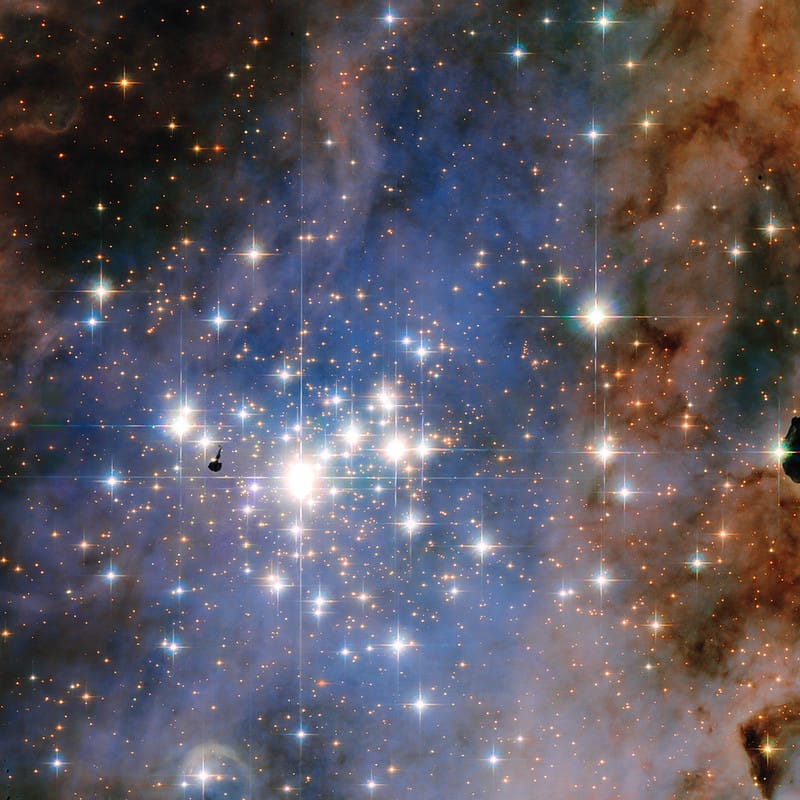Books that inspire, make you feel alive

Bibliotherapy is absolutely something I indulge in when I notice I'm starting to slide into a despairing or numb place, which is admittedly easy for any of us to do given the state of world affairs. Here are some books that help me feel inspired, and make me feel connected to a world that is larger than my own limited struggles.
Mapping the Heavens by Priyamvada Natarajan
This is amazing because she talks about her work mapping the location of "dark matter" in the universe, while discussing the cultural factors that affect a scientific community's acceptance of new information and consensus on new models. I loved it because it was awe inspiring about how much we don't know about the universe we inhabit while also grounding our explorations of that universe in the realities of human messiness, society, and culture. It serves as much as a window in to Dr. Natarajan's work as it does a cultural history of human scientific endeavor.
The Order of Time by Carlo Rovelli
Gosh, I won't lie that this one is Not Light Beach Reading. It did take some slow and deliberate reading, and that's saying something given that I am very hyperlexic. To wit, Dr. Rovelli shares the latest that science understands about theoretical quantum physics in a manner that is (comparatively) accessible to the lay audience. I love that he does include in the footnotes the equations and citations that the specialist reader would appreciate and understand, but his audience is clearly mere mortals. To wit, if I'm understanding Dr. Rovelli correctly, there is a slight chance that maybe the Ant Man movies aren't as far from realistic as we might think? This one is excellent if you're fascinated by or have ever wondered what the big deal is about CERN and the Large Hadron Collider.
Dancing in the Streets: A History of Collective Joy by Barbara Ehrenreich
Many are likely familiar with her work from Nickel and Dimed, which garnered a lot of buzz when it was published in the very early aughts. Dancing in the Streets is a delightful social history of how and why humans build community through sharing social experiences. She draws connections among medieval feastdays, Woodstock, and even sporting events. Even folks who hate sportsball may not look at their local team the same way again.